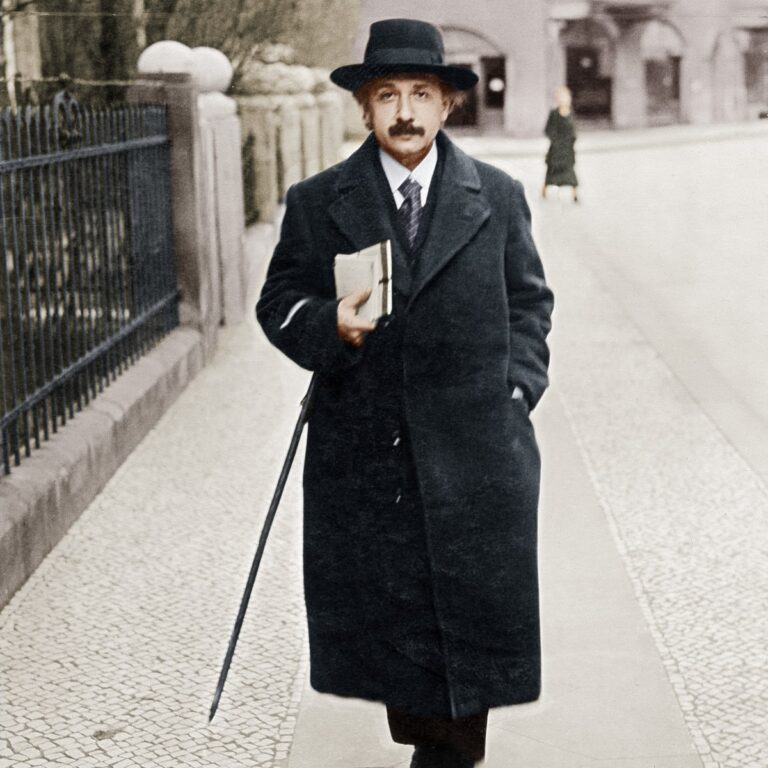Boosting Polaritonic Non-linearity Part of Research Quest for Truly Useful Quantum Computers
Boosting polaritonic nonlinearity with a mechanism to create polaron-polaritons
Selected notes ~
+ As scientists continue their quest to create truly useful quantum computers, they have found the need for nonlinear effects in optical information platforms. Such effects could be used by information-carrying photons as they interact to perform tasks such as color modification and inducing entanglement. However, such efforts have thus far fallen short due to inefficiencies. In this new effort, the researchers have created a mechanism that allows for boosting the nonlinearity of a medium.
A team of researchers from the Institute for Quantum Electronics, ETH Zürich, the Max Planck Institute of Quantum Optics and the Munich Center for Quantum Science and Technology has found a way to boost polaritonic nonlinearity.
+ The work involved creating a polariton by coupling a photon that was tightly bound to an exciton on a base of molybdenum diselenide. The researchers next injected electrons that were attracted to the polaritons. That attraction led to an electron density with a peak that was near the polariton and decreased in a circular hoop around it. The result was a quasiparticle that combined the polariton with the redistributed electrons—a polaron-polariton. They noted that the polaron-polaritons were much bigger than a polariton, which made the polarons interact at farther distances—and that led to a 50-fold increase in optical nonlinearity.
+ The researchers tested their mechanism by observing the refractive index of the light intensity and noting shifts of polaron-polariton amplifications. They also demonstrated that the polaron-polaritons could be amplified using stimulated emissions. They acknowledge that the nonlinearity boosts they achieved are not sufficient for use in quantum applications, but note that bigger boosts might be seen by using a base with higher inherent nonlinearity.
Content may have been edited for style and clarity.

